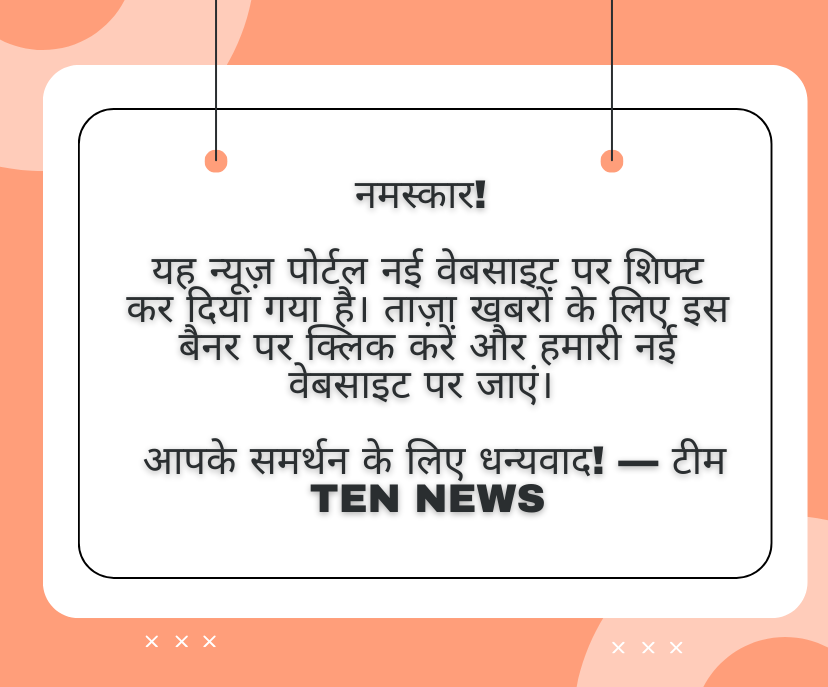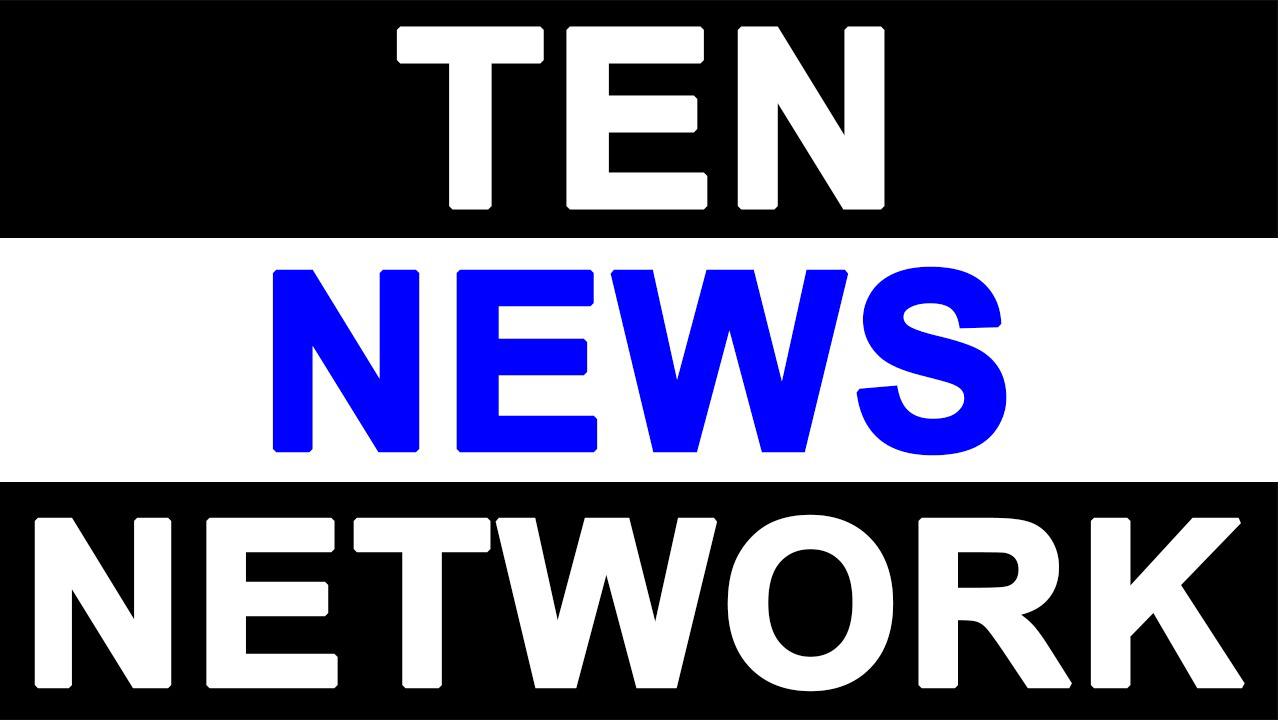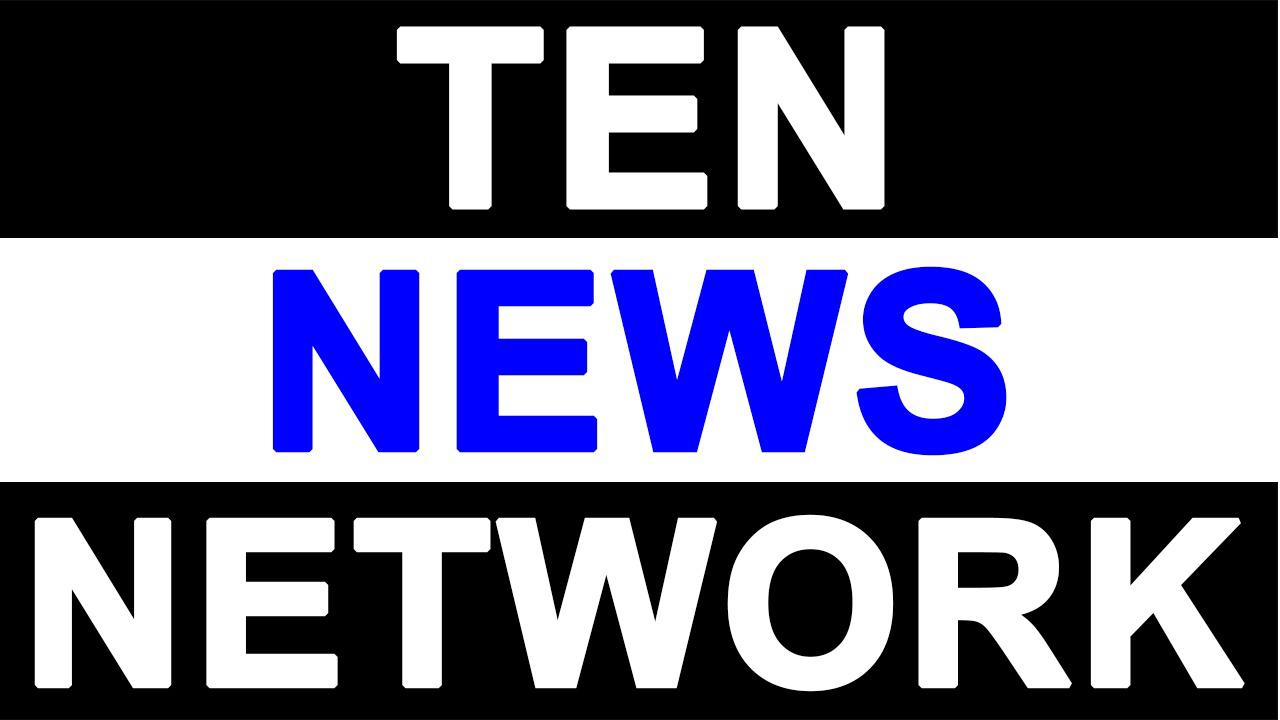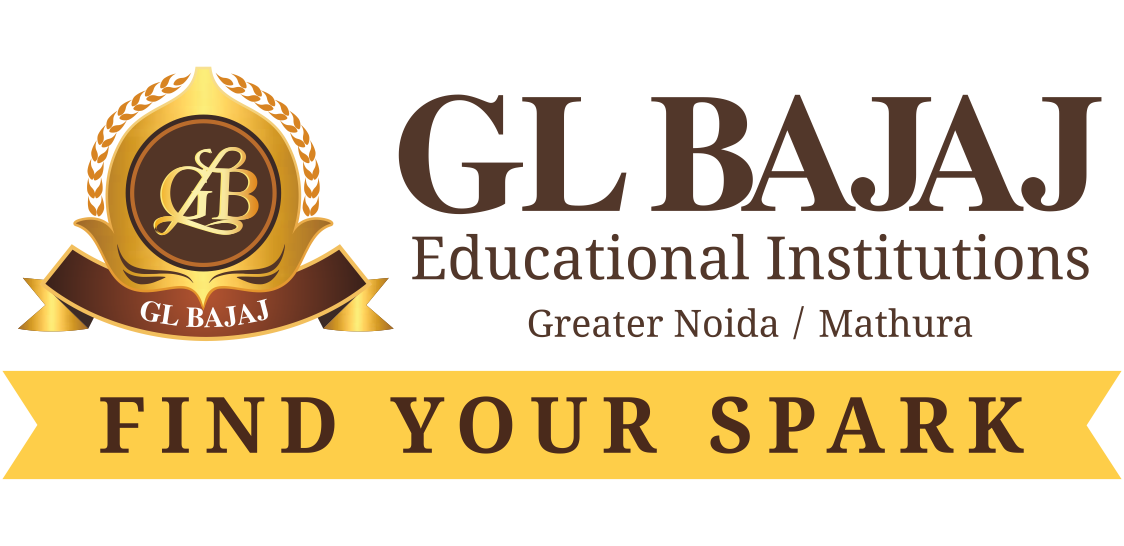
Public Health & Hospital is a State subject, the responsibility of strengthening public healthcare system especially in rural areas including setting up of new hospitals, dissemination of information regarding COVID-19, up gradation and strengthening of existing health facilities lies with the respective State/ UT Governments. The proposals from State/UT Governments are received in the form of Programme Implementation Plans (PIPs) under National Health Mission (NHM) and Government of India provides approval for the proposals in the form of Record of Proceedings (RoPs) as per available resources.
Under National Health Mission, States/UTs in their programme implementation plans have been given flexibility to propose for filling of gaps measured against IPHS including that of services. This is then appraised by the National Programme Co-ordination Committee and as per its recommendations, approved by Ministry of Health and Family Welfare (MoHFW).
To provide assured access to health care services, Government of India has defined population norm for public health facilities through Indian Public Health Standards (IPHS) in rural areas as stated below:
| Sr.
No. |
Public health facilities | Plain area | Hilly/tribal/difficult area |
| 1 | SC | 5000 | 3000 |
| 2 | PHC | 30000 | 20000 |
| 3 | Non FRU CHC | 1,20000 | 80000 |
| 4 | FRU CHC | 500000 | NA |
As per Rural Health Statistics, 2019-20, there are 155404 Rural Sub-Centres including 18610 Ayushman Bharat Health & Wellness Centres – Sub Centres (AB-HWC-SCs), 24918 nos. of Rural Primary Health Centres (PHCs) including 16635 AB-HWC-PHCs and 5183 nos. of Community Health Centres (CHCs).
Under Ayushman Bharat, the existing Sub-health Centres (SHCs) and Primary Health Centres (PHCs) are being transformed into AB-HWCs to deliver twelve packages of Comprehensive Primary Health Care (CPHC) that includes preventive, promotive, curative, palliative and rehabilitative services which is universal, free and close to the community.
Further, PM Ayushman Bharat Health Infrastructure Mission (PM-ABHIM) with an outlay of Rs. 64,180 crores till 2025-26 envisages increased investments in public health and other health reforms to provide better access to health in rural areas by:
- Strengthening of Health and Wellness Centres in villages and cities for early detection ofdiseases.
- Addition of new critical care-related beds at district levelhospitals.
- Support for Block Public Health Units (BPHU) in 11 high focusStates
- Integrated district public health laboratories in all districts
Government of India in implementation of National Ambulance Service under NHM for free transportation to health facilities. This service is extended to remote and rural tribal areas also. States are free to place these Ambulances at a lower population norm or as per time to care approach so that these ambulances are easily accessible to all.
States are encouraged to adopt flexible norms for engaging specialists at public health facilities. These include various mechanisms for „contacting in‟ and „contracting out‟ of specialist services, empaneling private medical facilities to provide requisite Specialists and other methods of engaging specialists outside the government system for service delivery at public facilities and the mechanism to include requests for these in the state Program Implementation Plans (PIP) under theNHM.
NHM provides following types of incentives and honorarium to staff for ensuring service delivery in rural and remote areas of the country:
-
- Hard area allowance to specialist doctors for serving in rural and remote areas and for their residential quarters so that they find it attractive to serve in public health facilities in such areas.
- Honorarium to Gynecologists/ Emergency Obstetric Care (EmoC) trained, Pediatricians&Anesthetist/ Life Saving Anaesthesia Skills (LSAS) trained doctors is also provided to increase availability of specialists for conducting Cesarean Sections in rural & remotearea.
- Incentives like special incentives for doctors, incentive for ANM for ensuring timely ANC checkup and recording, incentives for conducting Adolescent Reproductive and Sexual Healthactivities.
- States are also allowed to offer negotiable salary to attract specialist including flexibility in strategies such as “You Quote WePay”.
Another essential component of Ayushman Bharat Health & Wellness Centres (AB- HWCs)istherolloutoftele-consultationservicesthrough„eSanjeevani‟.Thisplatformprovides telemedicine services for the communities through a hub and spoke model which connects AB- HWCs(spokes)toDistrictHospitals/Medicalcolleges(Hubs)forspecialistconsultation
services. Teleconsultation services are aimed at improving access of specialist services to the communities, especially in the rural areas.
MoHFW have made use of social media platforms, IVRS based platforms, TV, Radio, and other mass media in disseminating information regarding COVID-19 in ruralareas.
MoHFW has released various guidance documents and Standard Operating Procedures (SOPs) for COVID-19 containment and management in peri-urban, rural, and tribal areas. Such guidance documents and SOPs are being amended and disseminated in a timely manner. Risk Communication materials on infection prevention and COVID appropriate behavior have been developed and are available to be displayed at strategic locations in the villages and in the COVID-19 Care Centers (CCCs).
Guidance note has been shared by MoHFW regarding the role of VHSNC and MAS in COVID-19 related activities. These community platforms (VHSNC and MAS) have been involved in generating community-level awareness on COVID-19.
Comprehensive guidance note was shared with States/UT for enabling delivery of essential health services during the COVID-19 outbreak covering several important aspects of health systems preparedness including re-organisation of service delivery, human resources, supply of medicines and diagnostics, programme management, etc.
Similarly, the World‟s largest vaccination drive, National COVID-19 Vaccination Programme (NCVP) utilizes the infrastructure and logistic arrangements created under Universal Immunization Programme (UIP). The entire immunization programme relies on the platforms created by NHM.
Also, the training of healthcare providers across the spectrum for effective COVID-19 management utilizes the NHM Training framework.
The Union Minister of State for Health and Family Welfare, Dr Bharati Pravin Pawar stated this in a written reply in the Lok Sabha.
****













